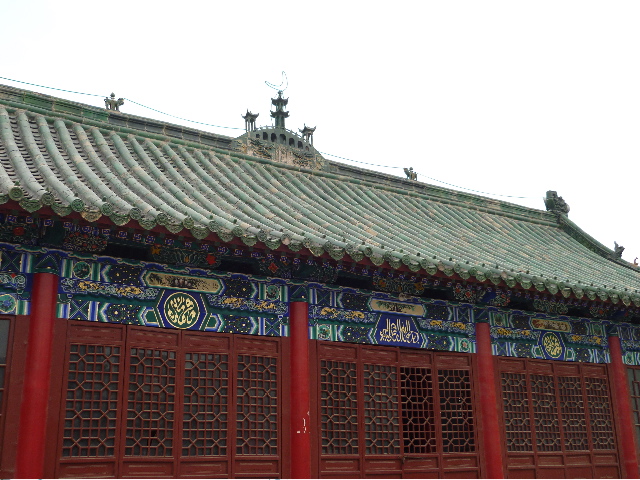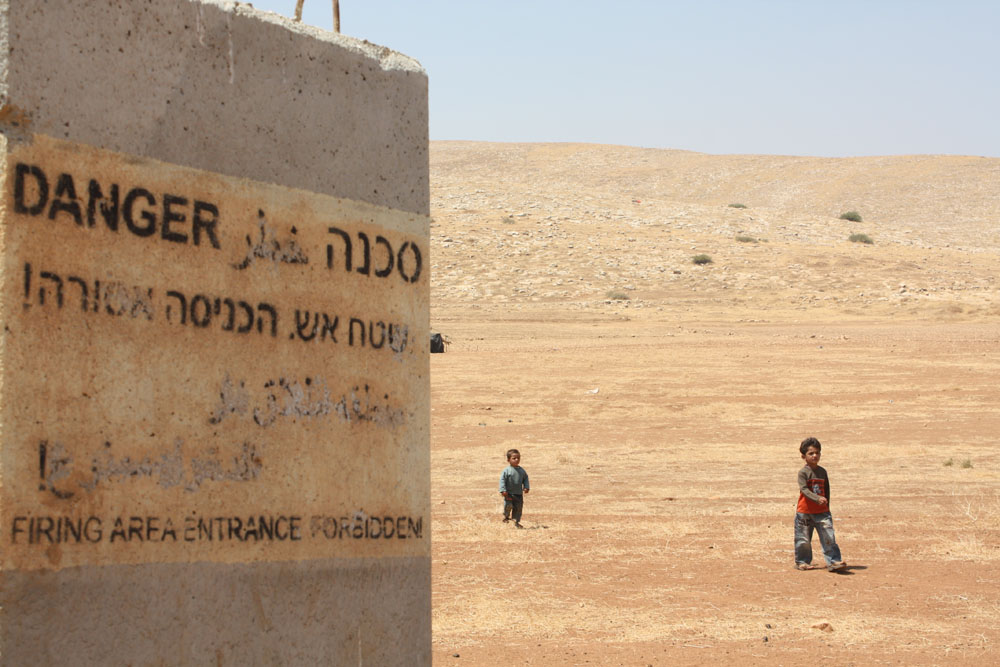Egypt requests release of last citizen held at Gitmo
The Egyptian government announced that it has requested the release of the last of its citizens currently being held at the Guantánamo Bay detention facility.
The Egyptian government announced that it has requested the release of the last of its citizens currently being held at the Guantánamo Bay detention facility.

Talk about strange bedfellows! This week witnessed the surreal spectacle of US National Security Adviser John Bolton, the most bellicose neoconservative in the Trump administration, visiting Turkey to try to forestall an Ankara attack radical-left, anarchist-leaning Kurdish fighters that the Pentagon has been backing to fight ISIS in Syria. "We don't think the Turks ought to undertake military action that's not fully coordinated with and agreed to by the United States," Bolton told reporters. Refering to the Kurdish YPG militia, a Turkish presidential spokesman responded: "That a terror organization cannot be allied with the US is self-evident." Bolton left Turkey without meeting President Recep Tayyip Erdogan, who then publicly dissed the National Security Adviser's stance as a "serious mistake." YPG spokesman Nuri Mahmud, in turn, shot back: "Turkey, which has been a jihadist safe-haven and passage route to Syria since the beginning of the conflict, has plans to invade the region end destroy the democracy created by blood of sons and daughters of this people." (Photo: ANF)

French prosecutors issued international arrest warrants for three prominent Syrian officials charged with collusion in crimes against humanity, in what human rights lawyers are calling a major victory in the pursuit of those believed responsible for mass torture, abuse and summary executions in the regime's detention facilities. The warrants name three leading security officials—including Ali Mamlouk, a former intelligence chief and senior adviser to President Bashar al-Assad, as well as head of the Air Force Intelligence security branch, Jamil Hassan. A third, Abdel Salam Mahmoud—an Air Force Intelligence officer who reportedly runs a detention facility at al-Mezzeh military base near Damascus—was also named. Hassan and Mamlouk are the most senior Syrian officials to receive an international arrest warrant throughout the course of the conflict. (Photo of hunger strikers at Syrian prison via Foreign Policy. Credit: Louai Beshara/AFP/Getty Images)

Egyptian President Abdel Fattah el-Sisi signed a cybersecurity law that gives the government broad authority to block websites deemed to constitute a threat to national security or the economy, imposing prison terms for anyone found guilty of running or just visiting such sites. Amnesty International described the new law as giving "the state near-total control over print, online and broadcast media." More than 500 websites had already been blocked in Egypt prior to the new law being signed. There is another cybersecurity law before the president, which would places all Twitter accounts with more than 5,000 followers under government supervision. With street protests in Egypt all but banned, the Internet has been one of the last spaces left for dissent. (Photo: Egypt Daily News)

Egypt's chief prosecutor referred 555 individuals suspected of joining a local ISIS affiliate to military court. The charges against them arise out of a series of attacks carried out by dozens of small militant groups situated in the northern part of the Sinai Peninsula. The suspects will faces charges for the planned and executed killings of security personnel, attacks on military checkpoints, and the destruction of a gas pipeline between Egypt and Jordan. The charges come amid growing concerns over torture, lengthy solitary confinement and other rights abuses in Egypt's prisons. (Photo: Egypt Daily News)